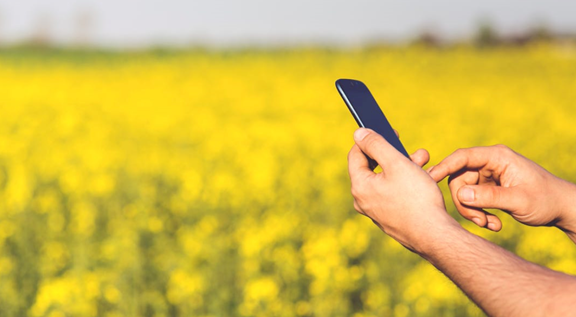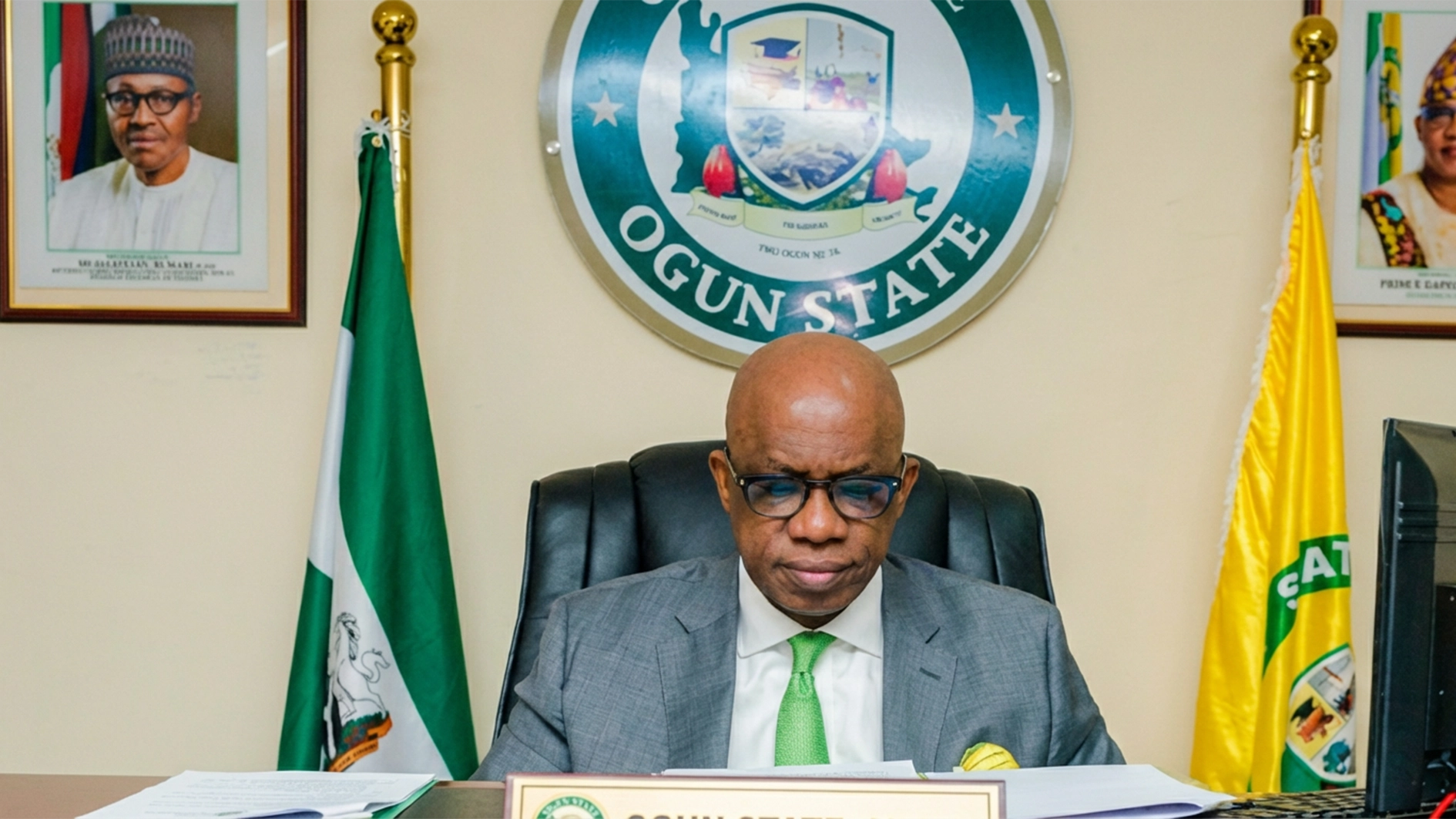
Contrary to the Food and Agriculture Organisation (FAO) recommended 1,000 farmers to an extension agent in Nigeria, reports have it that the current extension-farmer ratio obtainable in the country is 1: 10,000.
This means that instead of one extension agent catering to the needs of approximately 1,000 farmers as recommended, in Nigeria, one agent is serving over 10,000 farmers, thereby, limiting the farmers access to information/advisory services needed to boost their productivity.
As the negative impact of this development is worrying underperformance and low productivity of the sector, worsened by climate change, the current realities suggest that traditional extension system must change to bring agric transformation.
At a two-day summit in Lagos, which focused on supporting the development of a sustainable Public-Private Partnership (PPP) model for a Digital Agricultural Extension Services (DAES) solution to empower smallholder farmers, the experts explored innovative solutions that address the challenges faced by farmers and support Nigeria’s food security ambitions.
Convened by the Bill & Melinda Gates Foundation (BMGF), in partnership with the African Forum for Agricultural Advisory Services (AFAAS), the meeting, which brought together stakeholders from the public, private and development sectors, was aimed at validating plans for a transformative PPP DAES solution.
The initiative represents a significant step in addressing critical challenges faced by smallholder farmers in Nigeria, who contribute up to 90 per cent of the country’s food production.
These farmers face barriers, including limited access to advisory services, fragmented private sector solutions, and underfunded public extension systems, which limit their ability to adopt innovative practices and access markets effectively.
The proposed PPP DAES solution aims to bridge these gaps by leveraging financial sustainability, user-centred design and tailored solutions to deliver agronomic, market and financial information at scale.
This system seeks to ensure long-term viability, while aligning with Nigeria’s agricultural goals of self-sufficiency and import substitution by prioritising private sector leadership.
The event also showcased findings from a scoping study on DAES solutions and highlighted innovative delivery methods that are low-cost, scalable, and site-specific.
Participants explored how these solutions can enhance access to real-time, localised support for agro-businesses and farmers, fostering productivity, traceability, and market access for key value chains, including maize, cassava, and cocoa.
Speaking at the convening, the Senior Programme Officer, Digital Agronomy at the Bill & Melinda Gates Foundation, Tawanda Hove, remarked that the Gates Foundation is deeply committed to supporting Nigeria’s journey toward agricultural self-sufficiency.
“Smallholder farmers are the backbone of the nation’s food security, and empowering them with the right tools and information is essential. Today’s discussions are pivotal in building a sustainable, user-focused advisory system that aligns public and private sector resources to deliver transformative impact.”
During the event, stakeholders also reviewed findings from a scoping study and examined elements of proposed operational frameworks and funding models to ensure the system’s financial feasibility.
Discussions also highlighted the importance of inclusivity, with plans to integrate technologies such as Unstructured Supplementary Service Data (USSD), Interactive Voice Response (IVR), and smartphone applications to make the platform accessible to all, particularly women and underserved communities.
Also speaking at the event, Silim Nahdy, AFAAS, said, “we believe that the future of agriculture in Africa lies in leveraging technology to bridge the gaps in knowledge and resources. Through collaborative efforts like today’s convening, we can design innovative, locally relevant solutions that empower farmers and build resilient agricultural systems across the continent.”
In his presentation, the Country Director of Sasakawa Africa Association, Dr. Godwin Atser, noted that there are challenges, opportunities and desired features of a digital extension delivery service.
“Inadequate technical know-how followed by lack of enough finance ranked highest among the challenges; DAES have not adequately addressed the specific needs of women farmers; only a few proportions of the SSPs showed interest in weather forecasts and financial advice information; and the use of a smartphone as the medium for connecting or receiving DAES was overwhelmingly preferred above all other alternatives.”
He added that the growing number of farmers using digital platforms is evidence of the changing landscape of agriculture in Nigeria, noting that stakeholder analysis shows that digital service providers, small-scale farmers, and other actors are satisfied with the performance of the digital agricultural extension solutions system in Nigeria.
Atser stressed that the willingness of small-scale farmers to pay for digital solutions and the service providers’ readiness to incorporate stakeholder feedback highlight the promising future of Nigeria’s evolving digital agricultural economy.
The event concluded with key outcomes, including commitments from private sector participants to co-invest in di+gital solutions, consensus on user-centered product features, and strengthened stakeholder collaboration.
These milestones set the foundation for the final development of the DAES product profile design with a sustainable business model.
The convening represents a pivotal milestone in Nigeria’s journey to transform its agricultural sector through innovation and partnership, unlocking new opportunities for smallholder farmers and fostering economic resilience.






